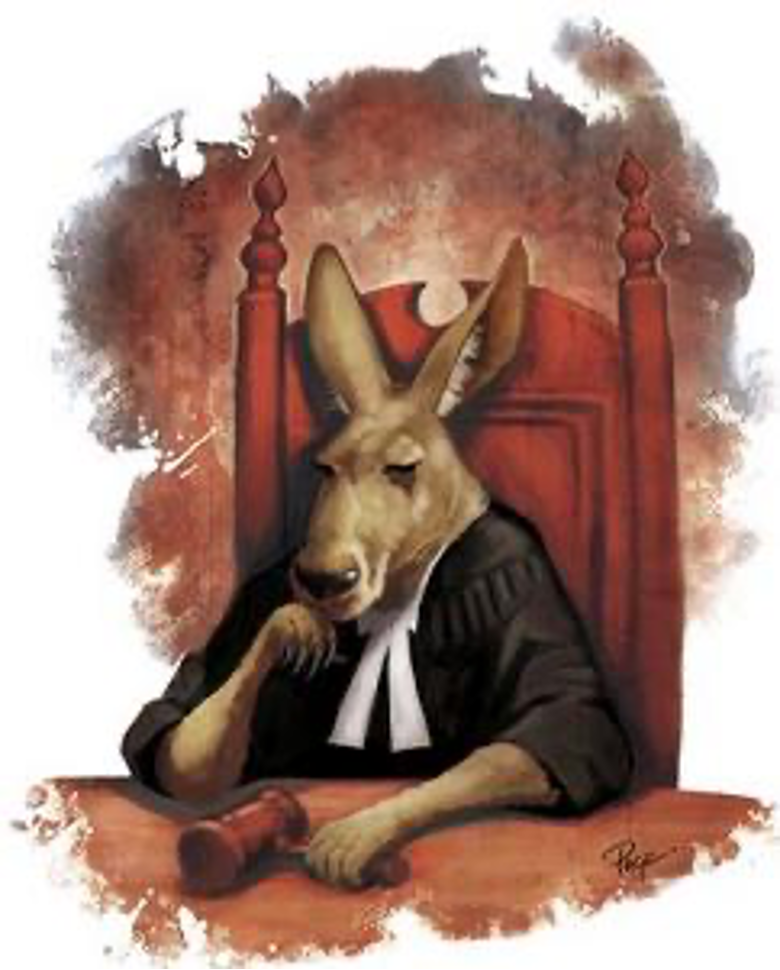“But let justice roll on like a river, righteousness like a never-failing stream!” These were the words of an angry God to people that had allowed politics, social status and personal prejudice to completely corrupt their legal system (Amos 5:24), and they certainly have relevance in our society today. But what about the private judicial system that each one of us carries around in our heads? Doesn’t God care about that as well? Have you ever been subjected to a biased evaluation process where the result was a foregone conclusion? I know I have. Have you ever found yourself wearing a label that you know you don’t deserve, maybe given to you by people that don’t even know you? I’ve been there too. And if I’m honest, I’m sure I’ve perpetrated the same kinds of injustices on others.
I remember an incident when I was directing a nonprofit overseas and we had decided to join with several local partner organizations to pursue a sizable grant. As a new director, I hadn’t yet developed relationships with the other partners’ directors and we were cut out of the deal at the last minute without even being notified. I was hurt and embarrassed, but was later able to work through it with the other directors, eventually becoming friends and working together on other projects (we even considered sharing office space at one point). But to add insult to injury, I learned years later that the same incident had earned me a label as an “un-relational director” and an “incompetent negotiator” in the minds of several key members of my own organization that were far removed from the situation. I felt unfairly judged, and there was little I could do to defend myself against the privately-held verdicts of others.
This was a relatively minor incident and yet the frustration it caused me was significant. Many of us have experienced labels that are far more damaging, perhaps even to the point of derailing an entire career. So how can leaders address the information gaps, psychological traps and cognitive biases that cause kangaroo courts to abound in organizational life? (a “kangaroo court” is a bogus legal process where someone is accused, tried, and convicted based on little evidence, often in absentia) A good place to start might be to respect several basic tenants of justice such as those found in the sixth amendment of the US Constitution, a person’s right to face their accuser and their right to an impartial jury. Christian leaders would do well to take a step further and practice what might be the most ignored piece of scripture within faith-based organizations and the church at large today, the restorative process laid out by Jesus in Matthew 18:15-17: “If another believer sins against you, go privately and point out the offense. If the other person listens and confesses it, you have won that person back. But if you are unsuccessful, take one or two others with you and go back again, so that everything you say may be confirmed by two or three witnesses. If the person still refuses to listen, take your case to the church. Then if he or she won’t accept the church’s decision, treat that person as a pagan or a corrupt tax collector.”
Reflection Questions
Are you open-minded in your assessments of others or are you prone to snap judgements based on limited or one-sided information?
Do you allow others to know the judgements you’ve made about them and do you give them an opportunity to defend themselves?
Does your organization have clear and well-thought out evaluation processes that ensure people get a fair shake? Are they respected or are they regularly circumvented?


